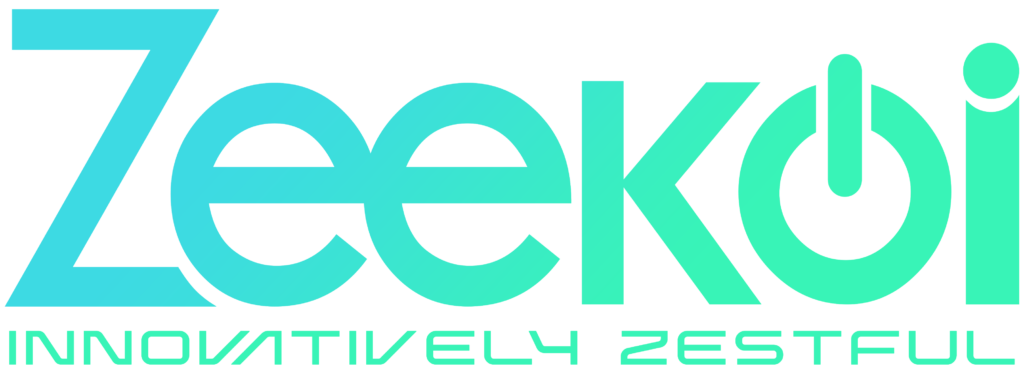ERP : A LOOKBACK

The history of ERP
Enterprise Resource Planning (ERP) is the abbreviation for the phrase, although even the full name doesn’t truly explain what an ERP is or what ERP software performs. Consider all the divisions and procedures involved in managing your company for a moment. These include inventory management, purchasing, accounting, engineering, sales, production, and your shop floor, to mention a few. An ERP, at its most fundamental level, combines and integrates all these many elements of your business, enabling you to optimize your procedures and provide correct information throughout your organization. A common database that supports numerous functions and is accessible to all of your departments is the main component of all ERP systems.
Origin of ERP
Although the Gartner Group originally coined the acronym ERP in the 1990s, enterprise resource planning systems actually have a long history dating back to the 1960s in the manufacturing sector. Manufacturers at this time required a better method for tracking, managing, and controlling their inventories. To address their needs, fundamental software programmes known as MRPs or Material Requirements Planning systems were created. These systems assisted manufacturers in maintaining inventory levels, balancing accounts, and performing extremely fundamental manufacturing, purchasing, and delivery tasks.
MRP systems were adopted by an increasing number of manufacturers throughout the 1970s, and the systems themselves developed in complexity. Manufacturing resource planning systems, often known as MRP II systems, were developed from MRP systems by the 1980s. The initial MRP systems had more manufacturing processes added to them, and the MRP II systems were more capable and better able to manage scheduling and production operations. The first real ERP systems were implemented in the 1990s. These systems went beyond the fundamental manufacturing and inventory management procedures of earlier versions to incorporate other divisions and tasks, including accounting, finance, and sales. By integrating many processes, these systems laid the groundwork for ERP solutions as we know them today.
21st century ERP
Modern ERPs are completely integrated systems that may connect all of your company’s departments and elements in one location. A modern ERP gives a business a potent, real-time tool that manages a single, shared database of information that can be accessed by all organizational departments.
The modern ERPs are also quite adaptable, and suppliers provide a wide range of tools, features, and functionalities that are created to address the particular requirements and difficulties of many industries.
Modern ERP solutions can offer comprehensive reporting and business intelligence, sales force and marketing automation, CRM management, and project management functionalities in addition to manufacturing, supply chain management, financial, and accounting capabilities.
While going into the modern ERPs , in the manufacturing industry especially ZONAR, an ERP which is the brainchild of the brilliant minds at Zeekoi stands out. The major ERPs of Oodo and other giants are targeted on big money companies while ZONAR provides a space for the medium and small businesses to also use ERP. ERPs have been around for a long time and in usual cases a certain skill set is needed to navigate through the various sections of an ERP software. But as the proverb goes “ It’s not about who does it first, it’s about who does it better”, ZONAR has a UI which anyone from millennials to Gen-z can easily use.
The future of ERP
It can be challenging to cut through the noise and determine what will stick to a given business with all the new advances occurring every year in the tech sector. It appears that the use of machine learning and artificial intelligence to ERP could open up exciting new opportunities for its users. Theoretically, these intelligent ERP systems (iERP) can leverage advanced data analytics to provide enormous predictive capability to massive business operations during a worldwide crisis. Recent ERP enterprises have also been impacted by the proliferation of IoT devices. iERP could achieve unmatched integration and agility by automatically sending commands to warehousing, procurement, and manufacturing units based on the data received from other integrated software, such as CRM, by connecting production and distribution devices directly to the central database provided by ERP systems.
ZONAR ERP
THE FLAGSHIP ERP
We Customize Zonar or Develop software that helps to run any business software you need.


